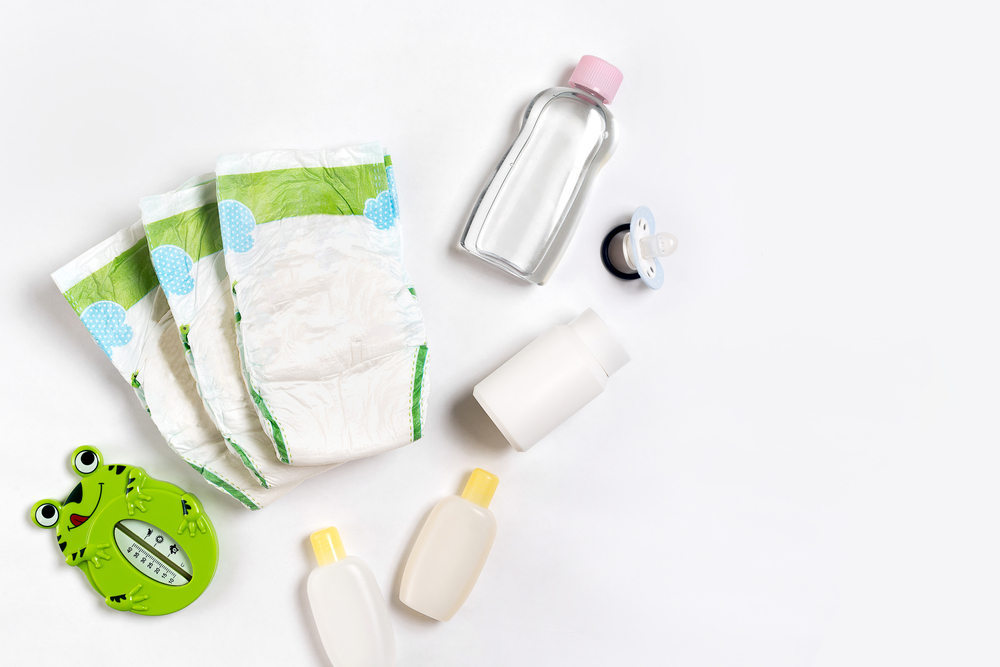
You’ve made it through pregnancy, labor, and delivery, and now you’re ready to take your baby at home and go ahead with your newborn baby happily in the future. However, after you go home, you may feel like you have no clue what you’re doing!
Before you buy any mother and baby care products, these tips will help you overcome any nervousness. After a few days, you will feel confident that you can take care of your baby.
1. Holding
You may think your newborn is frail and precious, but don’t be scared to touch, handle, and hold her! In fact, research shows that newborns who are carried for more than 2 hours every day thrive and scream less.
Without this helpful information, no baby care handbook would be complete! Learn about the different advantages of your baby massage. Remember that your newborn’s neck muscles are still developing, so you’ll need to support her head while picking her up.
While carrying her, you should also hold her head on your shoulder or with your opposite hand.
2. Washing Hands
Before touching your baby, wash your hands (or use hand sanitizer). Because newborns lack a strong immune system, they can be infected. Ensure that everyone who wants to carry your baby for a few minutes wash their hands properly.
3. Bathing
Bathing your baby after delivery is unavoidable, and it’s one of the most difficult tasks a new mom faces. Learn how to wash a newborn and have all of the necessary bathing equipment on hand before she comes, so you don’t miss a minute with your new baby.
A mild shampoo is made for newborn babies. If your infant has a lot of hair, a mild shampoo like JOHNSON’S Baby Shampoo can be a good option. Don’t be scared to gently wash your baby’s delicate spots (called fontanels).
4. Your Baby’s Feeding & Burping
You might feed your baby anytime, but you don’t know when your baby needs to be fed. When your baby feels hunger, Your baby may signal you by wailing, placing their fingers in their mouth, or sucking sounds.
A newborn baby should be fed when they feel hungry, and also, you should feed your baby every 2 to 3 hours. Allow your baby to nurse for 10–15 minutes at each breast if you’re breastfeeding. If you’re using a formula, your baby will probably drink approximately 2–3 ounces (60–90 milliliters) each feeding.
Some babies may need to be woken every several hours to ensure enough to feed. Contact your baby’s doctor if you need to wake your infant often or if your baby isn’t interested in feeding or sucking.
5. Changing Diapers
Many parents don’t know how many diapers they need a day for their baby. Before you bring your kid home, stock up on diapers to make your life simpler. It’s also a good idea to learn (and practice!) changing your baby’s diaper ahead of time.
Apply a baby diaper rash powder to your baby’s diaper region after each diaper change to keep it dry. It provides total protection by repelling moisture and reducing friction on the skin.
Final words
Make your baby comfortable in every situation and take care of your baby by following these tips. If your baby is safe and happy healthy, you will not have anything to worry about.

